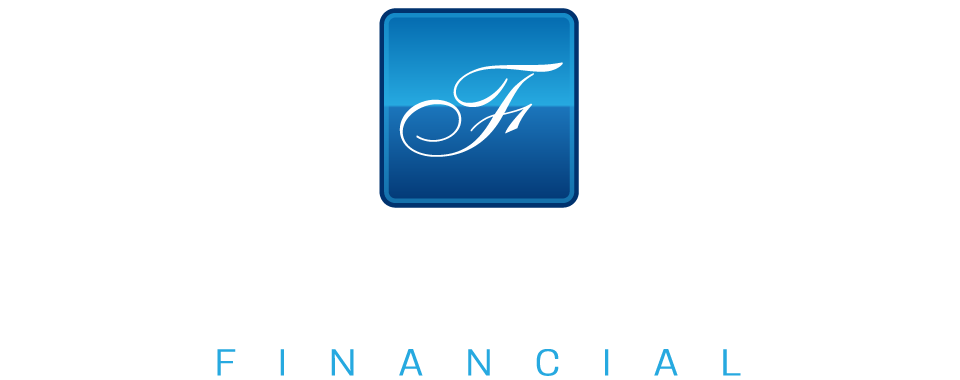Frequently Asked Questions
Here at National Fidelity Financial we believe in full and complete disclosure regarding all areas of our debt settlement program.
Below we have answered the following questions which are frequently asked, to better assist clients in understanding the process or the services we provide.
How does the program work?
Your creditors are very aware that the chances of collecting any money on your accounts decreases dramatically as the debts get older. If three to six months pass with no payment, the creditor will typically sell your account to a 3rd party debt purchaser. The amount in which they pay to purchase the debts vary, typically from 5 to 20 cents on the dollar. Creditors are aware bankruptcies are at an all time high and many Americans have been forced into filing. Accordingly, if the creditor or debt purchaser has the chance to recoup average of 50 cents on the dollar, they take advantage of it. Creditors today understand they may not have a chance to collect any of the debt if they try and hold out for the entire balance. It becomes an easy choice.
Debt settlement is designed to reduce the balances you owe by negotiating your unsecured personal debt with each of your creditors. Some creditors will settle as low as 20 cents on the dollar and some as high as 70 cents on the dollar, just to close out the account. Every creditor has different policies and procedures. It depends on the age and the amount you owe on an account. From a business stand point, it is a matter of the creditor receiving something rather than nothing with a chapter 7 bankruptcy or even a reduced payment through a chapter 13. This is why debt settlement is so effective with the creditors.
What happens to my credit standing?
Your credit standing depends on your credit status prior to enrolling into the program. Normally, clients undergoing a financial hardship do not have great credit to start. During the program your credit will be affected. Once we start paying settlements on your behalf it will be reported to the credit bureaus and your credit will start to improve, little by little, account by account. So as you start to settle your credit score starts to improve, based on your credit obligation and your debt to income ration. (How much debt you have compared to how much income you have)
What are the tax consequences?
Financial institutions are required to report savings over $600.00 (the portion forgiven) to the IRS. Customers / clients are required to report the savings as income. The I.R.S permits you to offset any "income" from settled debt up to the amount that you are "insolvent" at the time of the debt settlement. You are "insolvent" if you owe more than you own (When your assets out weigh your liability). There are a few exceptions, such as an individual that has a high level of home equity or might have overall net worth positive and thereby eliminate the insolvency exclusion. This is the exception rather than a rule.
Can my wages be garnished?
Garnishment actions are rare, and do not happen with out advanced notice. There is a process in which a creditor must follow. First they must file a lawsuit, obtain a judgment, than take the necessary steps to get authorization for garnishment. At most, there can only be one garnishment at a time. So don't be intimidated with the tactics used by collection agencies trying to frighten you into paying.
What kind of debt can be negotiated?
As a rule of thumb, any unsecured debt can be successfully negotiated. An unsecured debt is one that is not associated with any type of collateral. Credit card debt, medical bills in collections, department store cards, signature loans, unsecured lines of credit, and revolving charge accounts are all types of accounts that can be included in our program. The main exceptions are government backed loans, student loans, mortgage payments, and tax payments. Tax debt can not even be discharged in a bankruptcy proceeding.
What are the differences between Credit Counseling and Debt Settlement?
In Credit counseling you repay the complete balance, plus interest and any fees associated with the account. Where as in debt settlement you only pay back a portion of your debt. That is why debt settlement is a much faster approach to becoming debt free. This means less money comes out of your pocket which provides you more cash flow to allow you to catch up on your every day expenses.
Credit counseling only work with clients that are in "good standings" with there creditors, if an account is charged off, it will not be eligible to be enrolled in here program. Debt Settlement accepts charged off accounts.
Are there debts that can't be entered into the program?
Secured debt, I.R.S debt, Personal debt (debt between to private parties), Home Mortgages, Utility Bills, Auto Loans, Government Loans, Student loans, and Federal and State tax are some of the types of debts that can not be included. Some of these accounts may be unsecured, but because they are government backed or affiliated they will not be able to be put into the program.
What about lawsuits?
Creditors will say almost anything necessary to collect a delinquent account. It cost money to sue someone and a legal judgment is simply a piece of paper unless there is a way to obtain payment for the judgment. The threat of litigation, is an all too common form of intimation on behalf of the creditors collections efforts. They use scare tactics to be able to obtain payment on pass due accounts. There is a possibility that a law suit will be brought against you. However most creditors would rather work things out and negotiate than to spend more money taking a customer to court (and there is no guarantee of collecting a penny on a judgment). That is why so many settlement companies are settling thousands of accounts and savings thousands of dollars. Creditor find it easier to get something than nothing.
What if a creditor won't negotiate?
Through out the years we have established contacts with all the major banks, collection agencies and collection attorney's. Debt settlement is a tool utilized by the collection industry. In different phases of the collection process we have set guidelines and parameters where agencies will settle at a lower percent than in other instances. Such as if more than 33% of your balance was a cash advance it will be difficult to obtain a lower settlement than if the balance were actual charges. There are a few creditors that will not settle or negotiate unless there is strict financial hardship.

